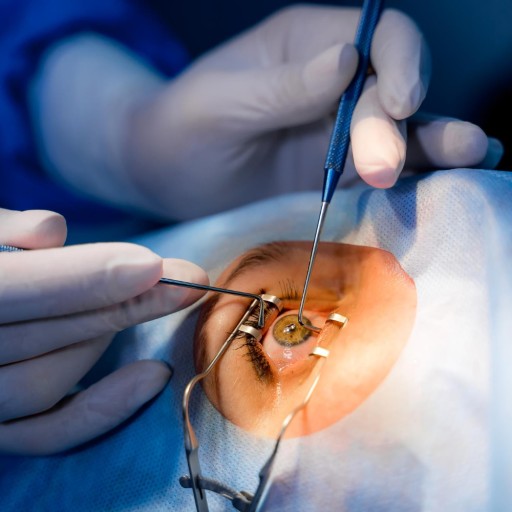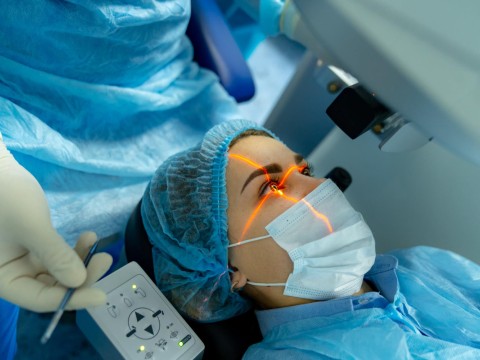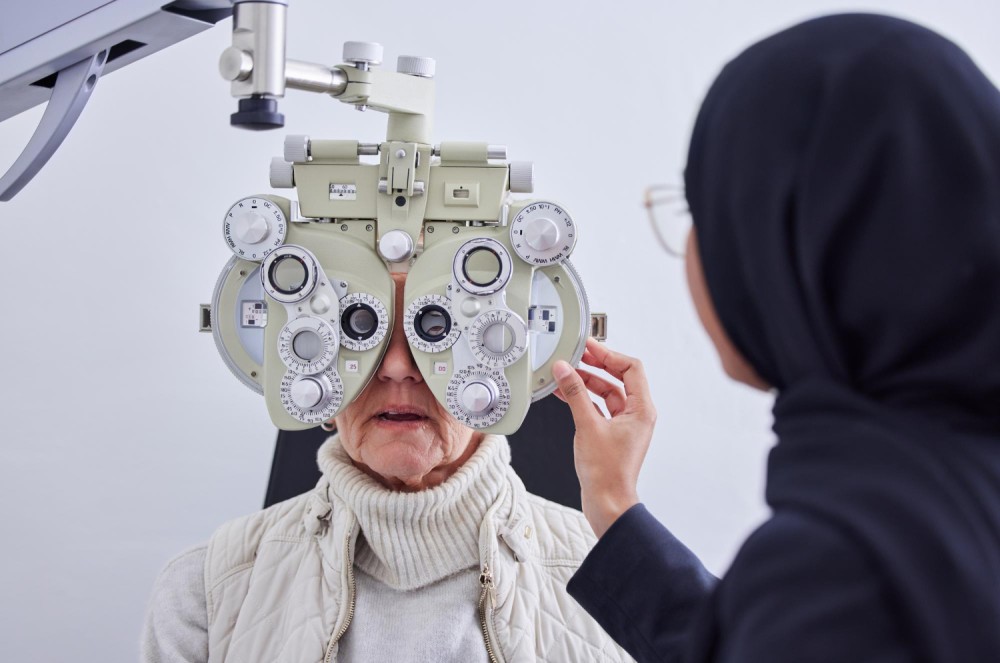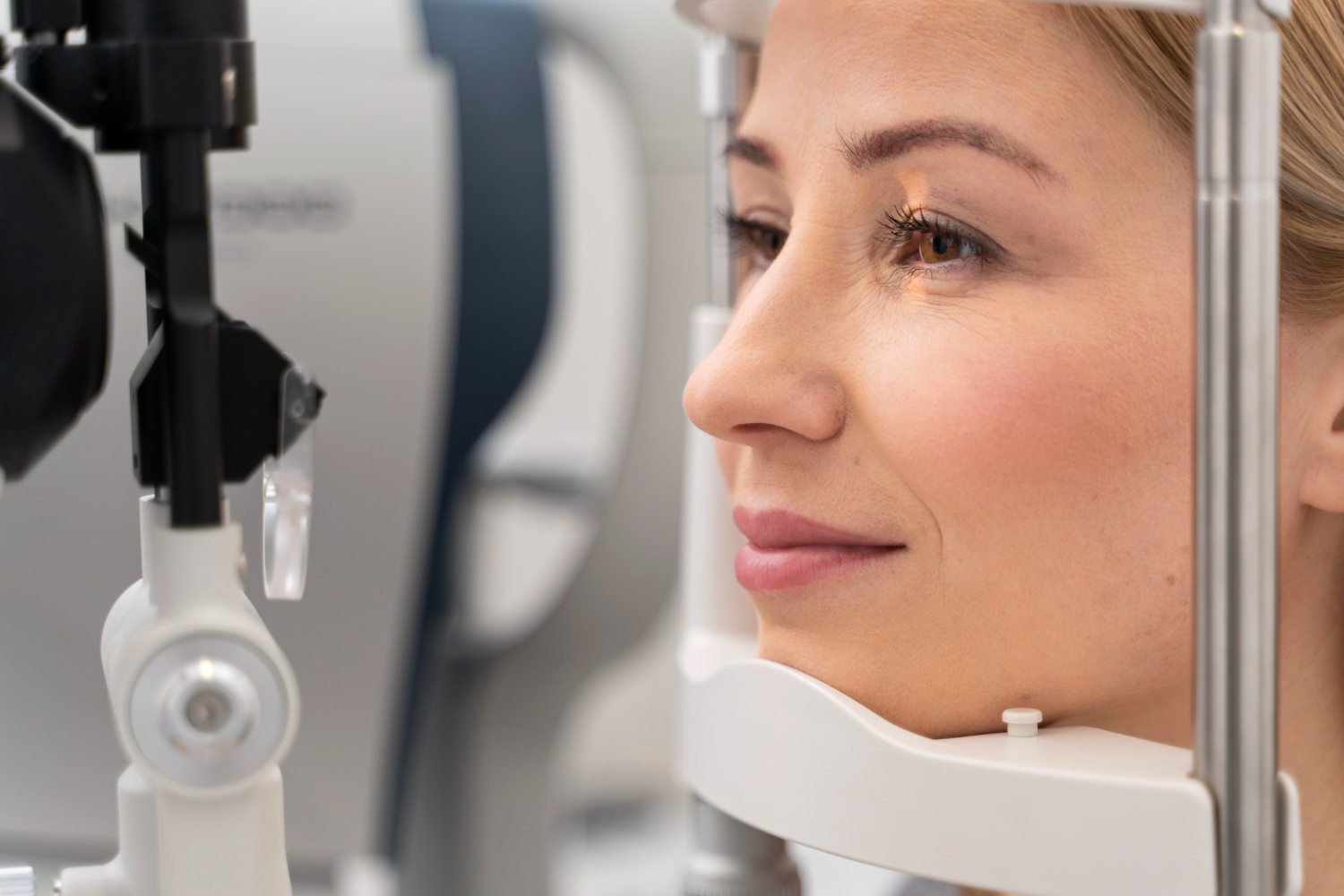Quote of Veni Vidi Göz
Corneal transplantation-also known as keratoplasty-is the replacement of a diseased or damaged cornea by a healthy one. Other conditions that may be treated by this procedure include diseases of the cornea, corneal injury, keratoconus, and other corneal diseases. In the process of corneal transplantation, a healthy donor cornea is usually placed on the patient's cornea. This surgery is indicated to improve visual acuity, reduce pain, and restore normal eye functions.
- Health Insurance
-
Accommodation
- Online Healthy Life Assistant 9/5
- Post - Experience Follow Up 6 Month
-
Extra Privileges

- Health Insurance
-
Accommodation
- Online Healthy Life Assistant 24/7
- Post - Experience Follow Up 2 Year
- Pre-Treatment Doctor Consultation
-
Extra Privileges

 Private
Private
- Health Insurance
- Healthy Life Butler
- Post - Experience Follow Up 2 Year
- World-Famous Doctor Consultation
-
Extra Privileges
No suitable hotel found for the relevant dates!
* Price varies depending on extra and upgrade selections.
Conditions include keratitis, corneal abrasions, dystrophies, and infections. Additionally, refractive errors such as astigmatism, myopia, and hyperopia can be addressed through corneal treatments.
Yes, non-surgical treatments include medications, eye drops, and specialized contact lenses. These options are often explored before considering surgical interventions.
Procedures such as corneal transplantation (keratoplasty), laser surgeries (PRK, LASIK), and collagen cross-linking are common surgical interventions depending on the specific corneal condition.
Yes, certain corneal treatments, such as LASIK or PRK, are designed to correct refractive errors and reduce or eliminate the need for glasses or contact lenses.
Not everyone may be a suitable candidate for specific treatments. Factors like overall health, age, and the nature of the corneal condition play a role in determining eligibility. Your eye care professional will assess your individual case.




